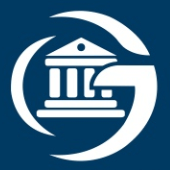Personal injury cases are often complex and emotionally charged, involving physical, emotional, and financial distress for the victims. One of the fundamental aspects of such cases is establishing liability – determining who is at fault and responsible for the accident. Proving liability is a critical step in seeking compensation for the damages suffered.
The Burden of Proof
In any personal injury case, the burden of proof rests on the plaintiff, who must demonstrate that the defendant’s negligence or intentional actions directly led to their injuries. Establishing liability requires presenting a compelling argument supported by evidence that convinces the court or jury that the defendant’s actions were indeed responsible for the harm suffered by the plaintiff. In California, the burden of proof standard is by a preponderance of the evidence, which means “more likely than not.”
Elements of Proving Liability
To successfully prove liability, certain essential elements must be established:
- Duty of Care: The plaintiff must show that the defendant owed them a duty of care. This duty often involves acting reasonably to prevent harm to others.
- Breach of Duty: It must be demonstrated that the defendant breached their duty of care through negligence, recklessness, or intentional misconduct.
- Causation: There must be a direct link between the defendant’s breach of duty and the plaintiff’s injuries. The plaintiff must show that their injuries were a foreseeable consequence of the defendant’s actions.
- Damages: Actual harm or damages suffered by the plaintiff, whether physical, emotional, or financial, needs to be clearly documented and presented as a result of the accident.
Role of Evidence
Evidence plays a pivotal role in proving liability in a personal injury case. Effective evidence can help establish each element necessary to build a strong case:
- Documentation:
- Collecting and presenting relevant documents such as medical records, police reports, and witness statements can provide crucial insights into the accident and its aftermath.
- Expert Testimony:
-
- Professionals in various fields, such as medical experts or accident reconstruction specialists, can offer expert opinions that help establish the cause and extent of the injuries and link them to the defendant’s actions.
- Photographs and Videos:
-
- Visual evidence, including photographs and videos taken at the accident scene, can provide a clearer understanding of the circumstances and conditions that led to the injury.
- Eyewitness Accounts:
-
- Testimonies from individuals who witnessed the accident can offer objective perspectives and validate the plaintiff’s version of events.
- Electronic Data:
-
- In cases involving motor vehicle accidents, data from devices like black boxes or GPS systems can provide valuable insights into factors such as speed and location, helping to reconstruct the sequence of events.
- Surveillance Footage:
-
- In premises liability cases, security camera footage can capture incidents as they unfold and serve as powerful evidence of negligence.
Proving liability in a personal injury case is a multifaceted endeavor that requires a thorough understanding of legal principles and a strategic approach to presenting evidence. The concept of liability revolves around demonstrating that the defendant’s actions directly caused harm to the plaintiff.
By establishing the key elements of duty of care, breach of duty, causation, and damages, and by leveraging a variety of compelling evidence, plaintiffs can build a compelling case that increases their chances of receiving fair compensation for their injuries and losses.
Empowering Your Personal Injury Claim
If you find yourself in a personal injury situation, seeking professional legal guidance is essential to navigate this complex process successfully. At Gould & Jefferson of Beverly Hills, we are committed to helping you understand and assert your rights, ensuring that you receive the justice and compensation you deserve. Call us at (310) 899-9529 and let our team get started for you right away.

